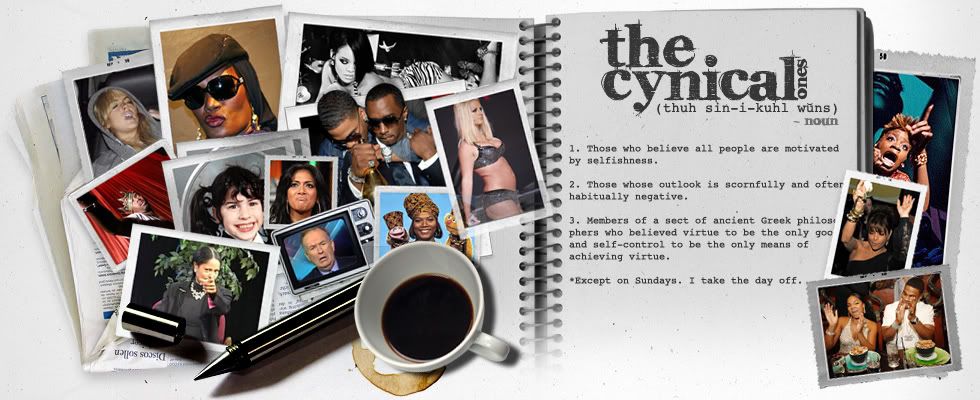
I expected American Gangster to be another underwhelming album solely released to appease the vanity and attention whoring needs of Jay-Z. My decline in faith began with The Blueprint 2, where Hov’s ego dictated he try to duplicate the double album successes of the Notorious B.I.G. and 2 Pac (more so the former than the latter), nixing the opportunity to release two classic albums back-to-back. Then came the would-be retirement album (that most people rightly didn’t buy as packaged), The Black Album, a solid but not completely memorable album that offered brilliant highs like “December 4th” and “99 Problems” to laughable lows like “Justify My Thug,” which lifted from the Lenny Kravitz produced, Madonna performed track “Justify My Love.”
Then there’s Kingdom Come, the ‘comeback’ album that brought on debates of whether a forced bon voyage would save Jay --- or at least his legacy as an emcee.
With that in mind, it’s not surprising I expected another rehash of the same old Jay-Z mantra offered over past years: I sold drugs, I’m rich, I’m the shit, and if you don’t like it, you can suck my dick along with the name dropping of several high end designer brands to reiterate just how refined (re: paid) Hov now is.
When word came that American Gangster was recorded after Jay was “inspired” by the film of the same name, my initial reaction was, “Oh great, he’s found another way to talk about drugs!,” in addition to the movie studio garnering the type of publicity for a film typically only generated through a multi-million dollar campaign.
The hype started with the release of “Blue Magic,” a track that was touted as a Rakim-inspired single, but made me think more of En Vogue, thanks to the Pharrell crooned chorus that borrows the lyrics of the quartets single, “Hold On.”
The album seemed like nothing more than an attempt to reclaim street cred. Once I checked my preconceived notions at the door and took a listen to the album, I came to find that American Gangster is not a complete re-visit to Reasonable Doubt; it’s more so an hour long listen that details the evolution that’s occurred since the release of it.
Some things never change, like Jay’s acknowledgment of his conflicting morals, as evidenced by “Pray” (“I’m not an angel/I’m sure/But every night before I lay/I drop my knees to the floor and I pray”). It wouldn’t be a post-wealth Hov album without the mention of some designer (“I am so dope/Like Loubouttin with the red bottoms/You gotta have ‘em/ You glad you got ‘em”). And there’s a familiar production value that recalls past albums, like the horns heard on the second single, “Roc Boys (And The Winner Is…),” or the sampling and referencing of soul legends found throughout the bulk of the album.
But perhaps my beef isn’t so much with Jay’s familiarity as it’s been with his presentation of it. It’s not surprising that his finest albums are those with themes that are interconnected. That’s the reason why The Blueprint will always be deemed superior to its sequel.
On American Gangster, Jay-Z offers a musical biography that acknowledges his past, but doesn’t wallow in it. It’s then and now, not then and then some. In fact, the maturity conveyed through tracks like “Ignorant Shit,” show that hip hop ought to look into getting over it’s obsession with age, as an emcee pushing 40 has done what the majority of his contemporaries still in their 20s haven’t been able to do --- effectively articulate a convincing counter argument to hip hop’s criticizers, thus proving he still has a lot to offer the genre.
Though I was right in my suspicions that this album would be typical Jay, I was wrong in my assessment that that’s a bad thing. American Gangster is the same old Jay only with a maturity that comes with maintaining relevance for over a decade, and a level of focus that’s only in the possession of real artists.
The ruler’s back…in correct form.
Labels: review
The Cynical Ones.







